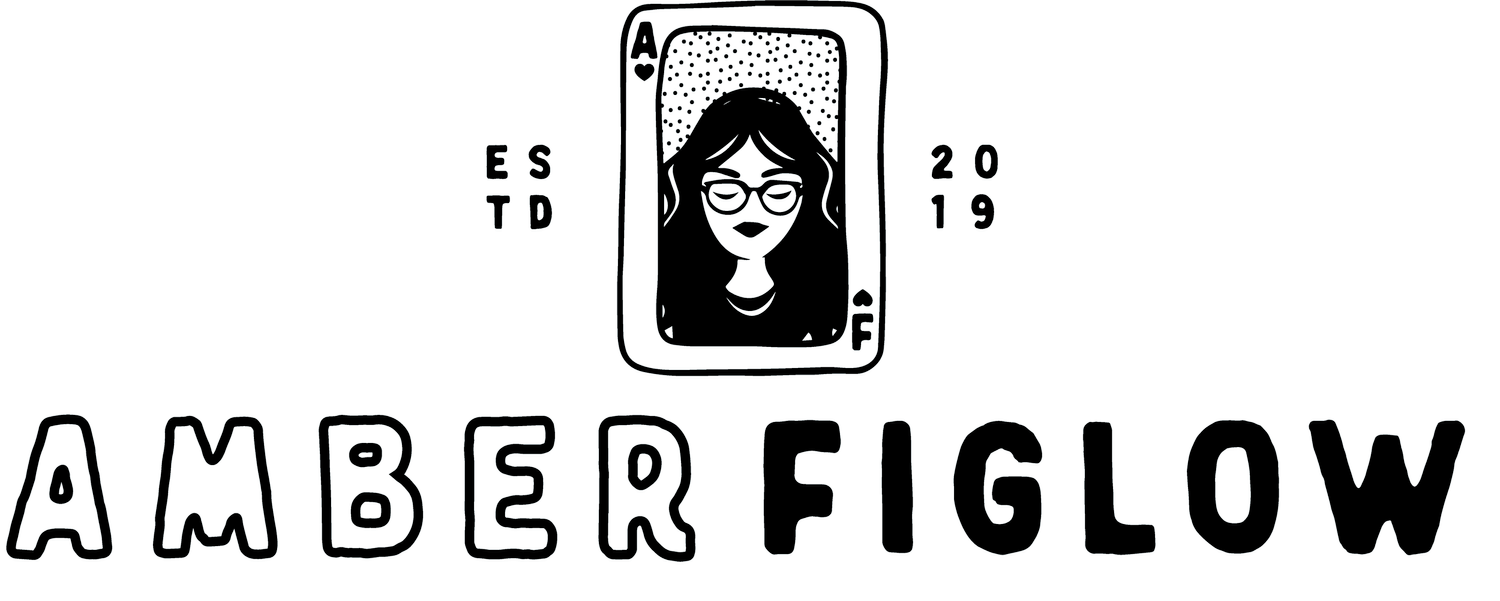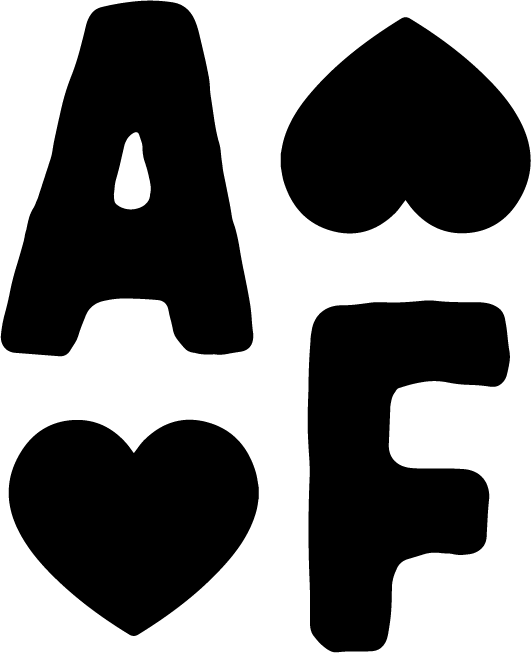EP. 032 | Exposing Brand Deals: the good, the bad, and the ugly of this revenue stream
Podcast Summary
Every creator gets bombarded with brand deal requests, and every small business owner gets approached with a brand deal at one point or another, but no one's talking about what really goes on behind the scenes. In this episode, I'm spilling all the tea about my experience with brand partnerships - from my minimum rates to the deals I've turned down. I start by sharing my unique approach to brand deals and why I'm incredibly selective about partnerships. Unlike many creators, I only work with brands I actually use in my business, with a strong focus on SaaS (Software as a Service) companies. This selective approach means leaving money on the table, but it's worth it to maintain trust with my audience. I explain why I never work for "exposure" anymore and how I structure deals to ensure both the brand and my audience get value.
Episode Highlights
The episode covers:
My shift from one-off collaborations to long-term partnerships
A real-world example of a dream partnership with Canva
Why YouTube brand deals didn't work for my channel
The flood of AI tool partnership requests and why I said no
Red flags to watch for in brand partnership requests
Questions to ask yourself before accepting any brand deal
The Truth About Creator Brand Deals: Why I Turn Down 90% of Partnership Offers
I just said no to another brand deal yesterday. The offer seemed great on paper - $5,000 for a few social posts. But like 90% of the partnerships that land in my inbox, I turned it down. Today, I want to pull back the curtain and share the unfiltered truth about what brand deals actually look like in my business.
My Unique Approach to Brand Partnerships
Let me start by saying this isn't your typical "How I Made Six Figures from Brand Deals" post. Instead, I'm going to share the good, the bad, and the straight-up ugly of creator partnerships.
I'm known for being picky about brand deals. Some might say too picky. I've left a lot of money on the table because of my selective approach. But here's my non-negotiable rule: I only work with brands I actually use in my business. No exceptions.
Well, okay - I made one exception once. But generally, I stick to SaaS (Software as a Service) companies. These are the tools and platforms I genuinely use to run my business and create content. The only time I'll promote something I'm not currently using is if I've used it in the past or if it's a solid alternative to what I currently use.
Let's Talk Money: My Minimum Rates
Time to address the elephant in the room: money. I have a minimum rate of $2,000 for any brand partnership. This isn't about bragging - I'm sharing this because I'm tired of seeing brands try to lowball creators.
That $2,000 isn't just for one piece of content. When brands work with me, they're paying for:
Access to an audience I've spent years building trust with
My expertise in creating content that resonates
The assurance that I actually use and believe in their product
Professional content creation and delivery
I can't pay my mortgage with exposure, and neither should you. It's rare that I do anything for exposure these days. If a brand wants dedicated content with specific goals and deliverables, they need to pay for it.
How My Brand Partnership Strategy Evolved
My approach to brand collaborations has changed dramatically over the past year. In 2022-2023, I chased a lot of one-off collaborations. Now, I focus on building long-term partnerships with brands I trust.
This shift has been a game-changer for several reasons:
More predictable income
Better content quality
Stronger relationships with brands
More creative freedom
Better results for both parties
When I work with a brand multiple times, the content feels more natural and authentic. We both understand what works, can track results over time, and create content that truly serves my audience.
The Good: A Dream Partnership
Let me share what a perfect brand partnership looks like. This year, I did four major collaborations with Canva, and they were absolutely perfect. Here's why:
They understand creator partnerships
They value my time and expertise
I use their product daily
They trust my creative direction
The deliverables make sense for my audience
These partnerships included traveling to events like Canva Create LA and creating behind-the-scenes content. The relationship works because there's mutual trust and respect.
The Bad: YouTube Sponsorships
Not everything worked out perfectly. This year was my first attempt at YouTube-specific brand partnerships, and let's just say they weren't my finest moments. The issues weren't necessarily with the brands themselves, but the format just didn't work for me or my audience. The deliverables felt forced and didn't flow naturally with my content. The analytics proved it - these sponsored videos performed significantly worse than my regular content.
The Ugly: AI Tool Pitches
Now for the ugly truth: the absolute flood of AI tool partnership requests I received this year. The audacity was unmatched. I would get at least three pitches daily, often with ten follow-up emails trying to convince me to work with them.
Picture this: They would request three YouTube videos, five Instagram posts, two TikToks, a blog post - and offer a budget of $200. Most of these tools hadn't even launched yet, or their products were broken. The irony? They positioned themselves as the future of content creation but couldn't budget properly for content creators.
My Non-Negotiables for Brand Partnerships
If you're considering adding brand partnerships to your revenue stream, here are my non-negotiables:
Set a minimum rate that reflects your value
Only work with brands and products you actually use
Require reasonable timelines (and charge rush fees when needed)
Maintain creative control over content
Ensure clear communication and expectations
Red Flags to Watch For in Brand Partnerships
Watch out for these warning signs:
"We don't have a budget" (they're trying to lowball you)
Unrealistic deliverable requests
Super rigid scripts or talking points
Unclear contracts and terms
Pressure to post immediately
Emails starting with "exciting opportunity!"
Questions to Ask Before Saying Yes
Before accepting any brand partnership, ask yourself:
Do I actually use this product?
Would I recommend this to my best friend?
Does it align with my content strategy?
Is the compensation worth my time and reputation?
Will my audience benefit from this?
Final Thoughts
Brand deals can be an amazing revenue stream when done right. But remember - you don't have to say yes to every opportunity. Your audience's trust is worth more than any quick brand deal paycheck. I'd rather do four amazing partnerships a year that align with my values and serve my audience than twenty random ones that feel inauthentic. Remember: you're not just a content creator, you're a business owner. Brand partnerships are just one service you provide.
Know your worth, stick to your standards, and don't be afraid to say no to the wrong opportunities so you can say yes to the right ones. Your audience's trust is your most valuable asset - don't sell it for $200 to promote a random AI tool.

